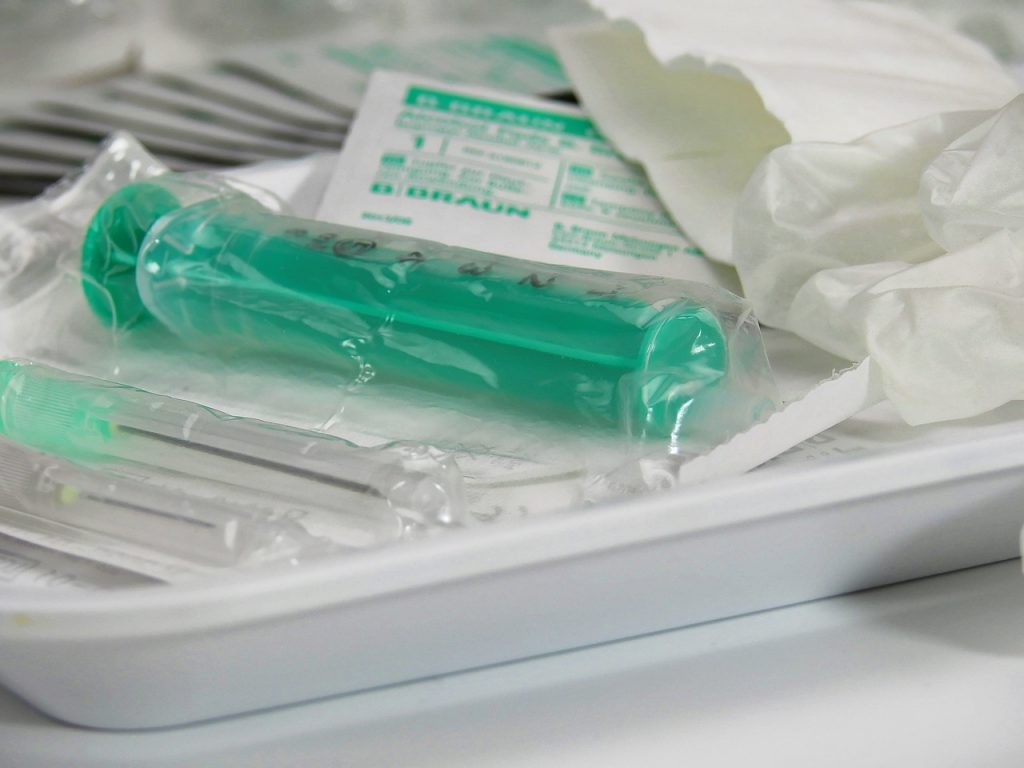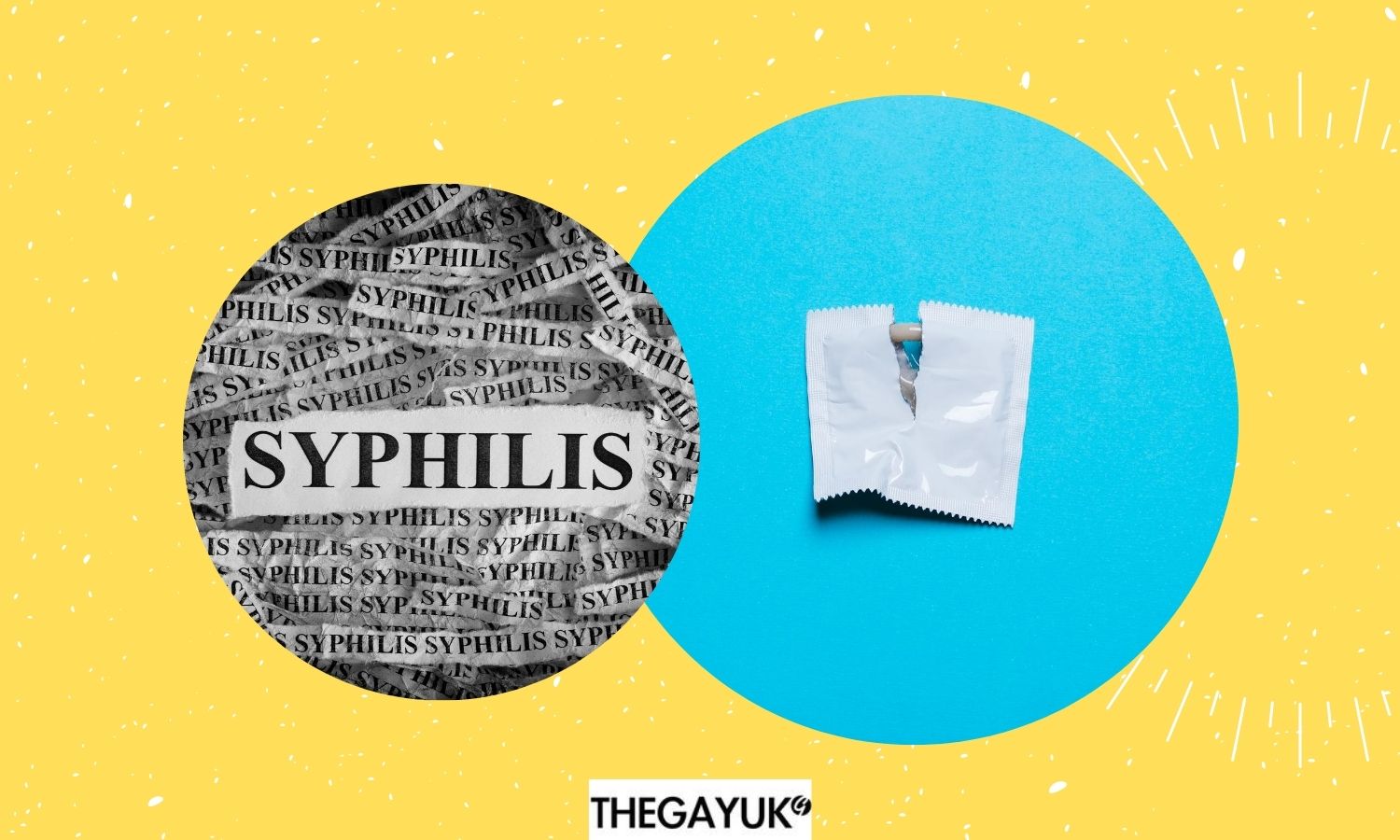Syphilis is a sexually acquired infection caused by Treponema pallidum subspecies pallidum, a spirochete bacterium.
In the UK, syphilis infection is relatively uncommon but diagnoses in men and women have increased over the past decade. In 2015 there were 107,000 reported deaths from Syphilis worldwide.
Who gets syphilis?
Anyone who has sex can get syphilis. People most at risk are those having unprotected sexual intercourse (i.e. not using a condom or in gay terms, barebacking), those with more than one sexual partner, and those who change partners frequently. The simplest way to protect yourself is with condoms.
How do you catch syphilis?
Syphilis is caught through unprotected vaginal, oral or anal intercourse or genital contact with an infected partner.
Syphilis cannot be caught by casual contact (toilet seats, swimming pools and saunas).
How do you know that you have syphilis?

The symptoms of syphilis are not specific. Initial presentation is usually one or more painless but highly infectious sores (primary infection) which appear at the site of infection. These sores disappear within two to six weeks in the absence of treatment.
Secondary symptoms may develop 6 weeks to 6 months after the onset of primary sores. Later symptoms are highly variable, but may include a rash on the palms or soles.
Late syphilis occurs four or more years after an untreated primary infection. Complications may occur in the mucocutaneous tissue, heart, respiratory tract or central nervous system.
How serious is syphilis?
Syphilis can cause a variety of issues from the seemingly unserious, like headaches but can escalate to stroke, hearing loss and sexual dysfunction. The Mayo Clinic lists some of the problems the disease can cause to your nervous system:
- Headache
- Stroke
- Meningitis
- Hearing loss
- Visual problems, including blindness
- Dementia
- Loss of pain and temperature sensations
- Sexual dysfunction in men (impotence)
- Bladder incontinence
Without treatment, syphilis can damage your heart, brain or other organs, and can be life-threatening.
What protection is there against syphilis?
Sexually active people can reduce their risk of syphilis by reducing their numbers of partners and using condoms or dental dams.
How is syphilis diagnosed?
Syphilis can be diagnosed by detection of the organism in the ulcer. Antibodies to syphilis can also be detected in the blood. Samples must be taken by a health care professional.
Genitourinary medicine clinics (also called STI clinics) have the equipment and facilities for testing and for contacting, testing and treating sexual partners. Details of these clinics can be found in the telephone book, from the local hospital or from the NHS choices sexual health website. Clinics are completely confidential and will not inform GPs of results unless requested to do so. Anyone can attend one of these clinics at any age (even if under the age of consent to sex which is 16). Appointments are not required.
A person with suspected syphilis should also be tested for other sexually transmitted infections which may be present without symptoms.
How is syphilis treated?
Syphilis can be treated with antibiotics.
All current and recent sexual partners should be tested and treated to prevent re-infection and the further spread of disease. Treatment should be offered whether or not they show any signs of infection Public Health England’s mission is to protect and improve the nation’s health and to address inequalities through working with national and local government, the NHS, industry and the voluntary and community sector. PHE is an operationally autonomous executive agency of the Department of Health.
Taken from Public Health England.



